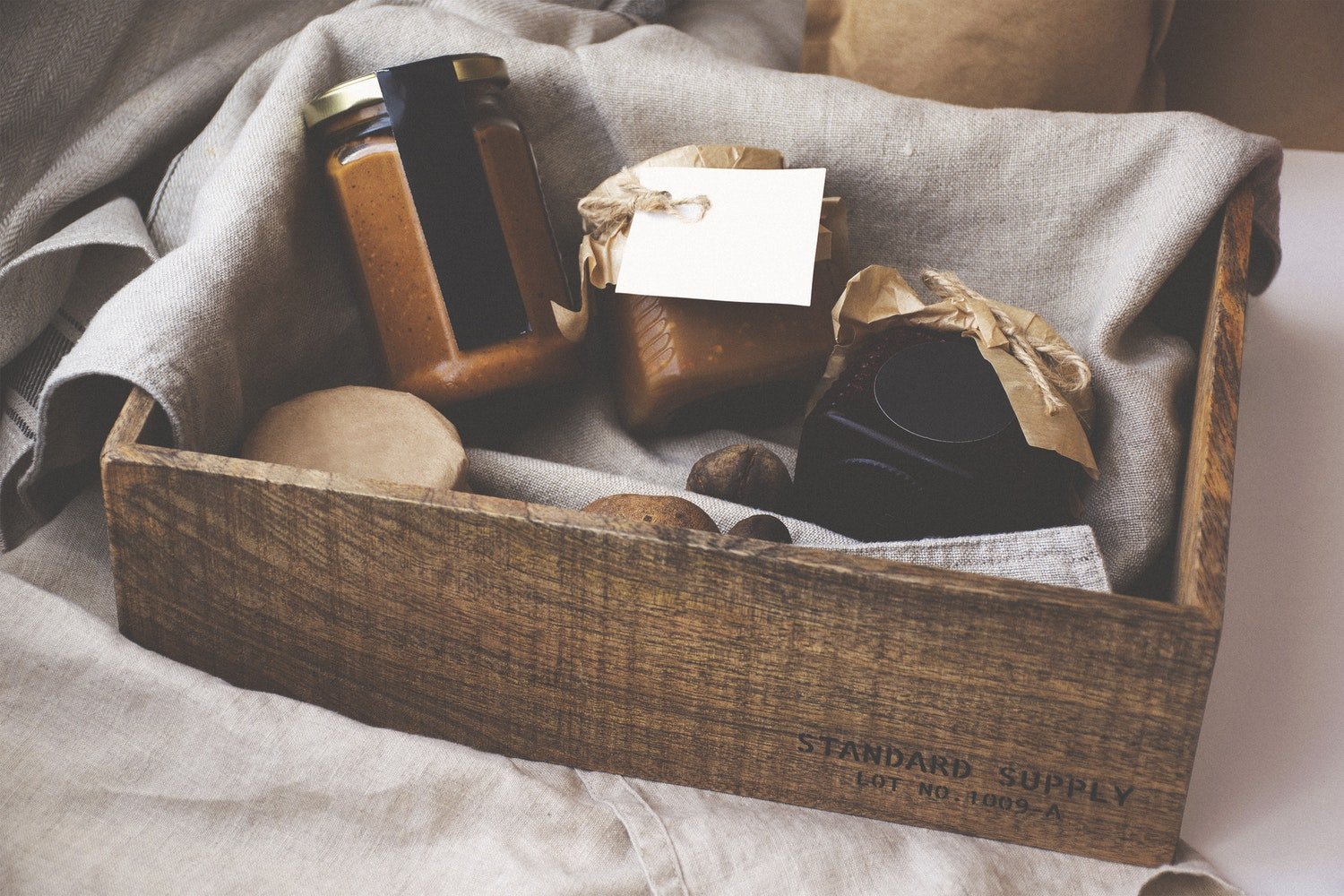
The ache in her knuckles, a bone-deep pain when she bent her fingers or grasped or gripped, reminded her of all those days in the field: pulling, picking, planting. It seemed cliché to bother telling her grandkids—their fingers flapping wildly over screens so bright the whites of their eyes glistened—about what it was like in her day. She felt her own eyes roll when she tried to form the words: when I was young, or before the Internet. And that’s where they lived now. Online. In spaces she knew existed, but didn’t fully understand… at least not understand in the way she knew those rows and rows of beet greens that would flop under the heat, or those lines of dirt worked so far under her nails that not even toothpicks could carve it all out. Tangible things—a red, round beet with a hairy rat tail, a chewed-off, ragged fingernail.
She reached for the last of jar of her famous canned peaches from the storage room shelf and wrapped her hands around it. Her cursive stretched across the sticker on the glass: “Summer 2017.” She remembered the exact day she made them because it was also the day that her pet bird, Brinkley, had died. She found him lying on his side on the newspaper that lined the bottom of his cage. When she was staring into the cage, she was sure dead Brinkley said “tweet” – not as a sound, but as a matter-of-fact word. When her grandson called later that night, she told him about the bird speaking because it had left her so bewildered.
Her grandson said, “You’re serious?”
She said, “He spoke, but he was dead.”
He said, “Tell me this again so I can tweet it.”
And, she did. She told the story again, but slowly. She added in more details about the day. And then she said,“okay, let me hear your bird noises, let me hear you tweet,” but he just laughed before saying goodbye.
And today, as she thought of Brinkley speaking again, she stared at the word ‘summer’ written in her familiar, bubbly cursive. The shape of the words, her letters, was as much a part of her as the sunspots on her hands or the roundness of her shoulders. But now, well, now she couldn’t even press down a pencil hard enough to form letters on a page. And that was another kind of ache. She wondered about all those digital words in typefaces that looked like everyone else’s—she thought of the Times New Roman letters that arrived from her grandson on her birthday to the email she rarely checked. And she wondered, what would happen to her if she pressed her spindly fingers down on the keyboard and plucked out words, line by line.
This original fiction is my entry for the Constrained Writing Contest #13.
